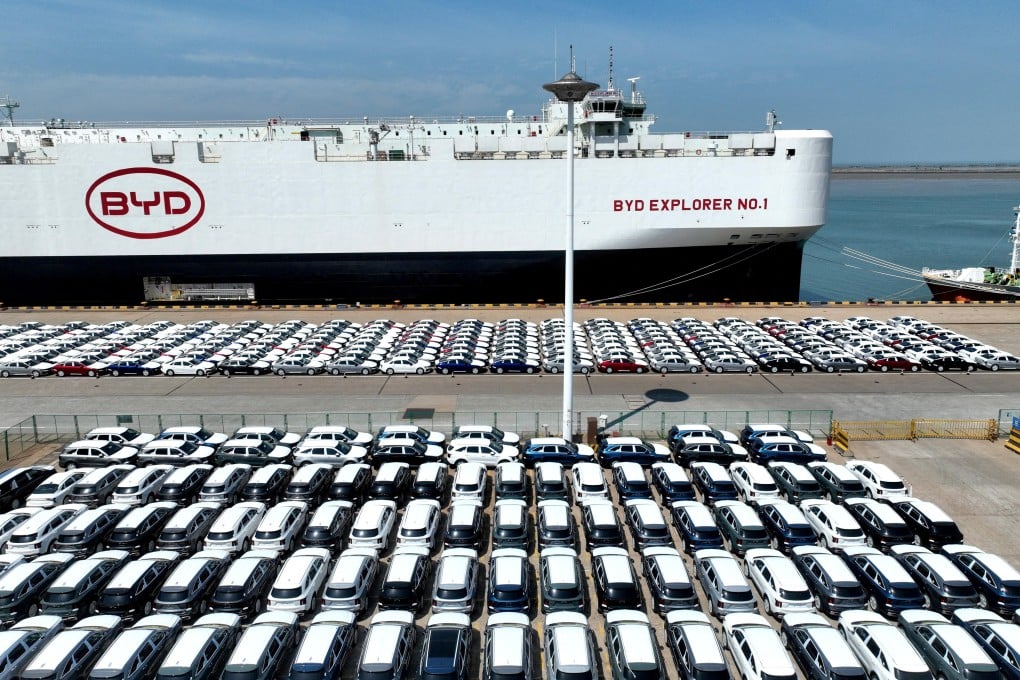Fast-evolving battery technology, falling prices to drive global EV sales and adoption, BNP Paribas says
- Improvements in battery technology could lower the cost of EVs by 30 per cent by 2028, BNP Paribas says
- Global EV sales are expected to accelerate from next year onwards and grow at a compound annual rate of 23 per cent up to 2030, French bank says

With rapid developments in battery technologies to increase energy density and reduce battery size, these improvements could lower the cost of EVs by 30 per cent, according to estimates by the French bank.
This will allow EVs to reach near price parity with conventional vehicles and consequently result in a doubling of the market, the bank added.
“We’re quite bullish on EV adoption and positive on global light-vehicle volumes over the next few years as well,” Stuart Pearson, head of global automotive research at BNP Paribas, said at an electric vehicle and mobility conference in Hong Kong on Tuesday.

Global EV sales slowed in the first quarter. More than 3 million units were sold in the first three months of the year, a growth of 25 per cent year on year, according to data from the International Energy Agency. Sales rose by 40 per cent in the same period last year.
The slowdown in global EV sales was primarily because of affordability constraints, which is the current biggest barrier to adoption, Pearson said.